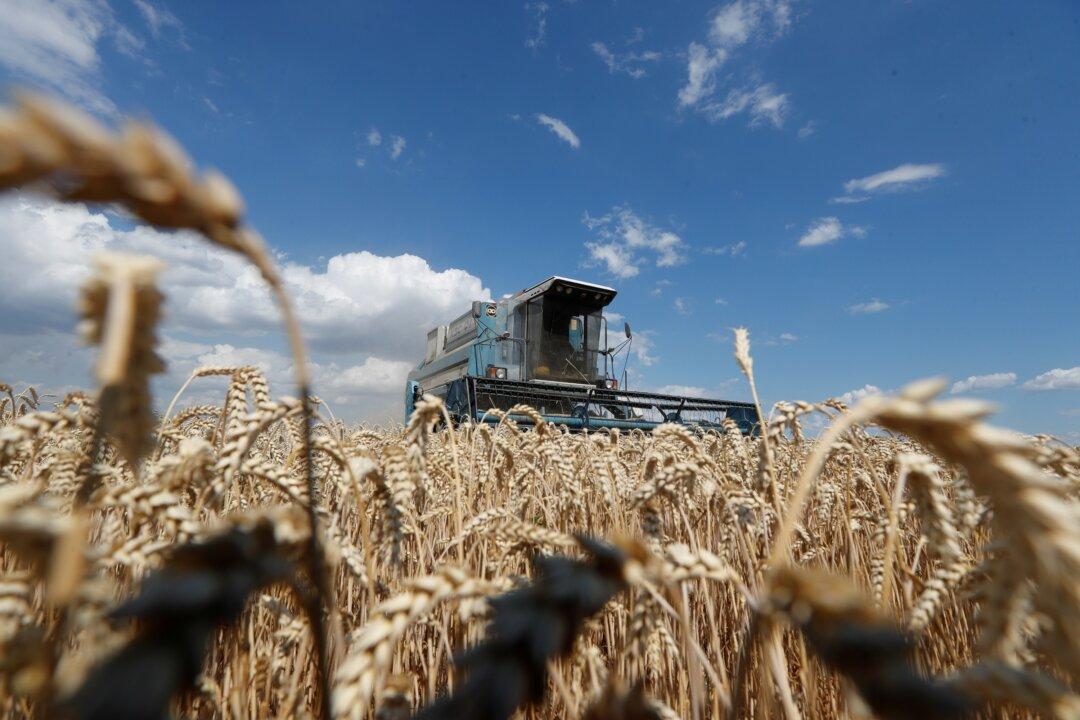European Union lawmakers approved on Thursday granting Ukrainian food producers tariff-free access to EU markets for another year, rejecting amendments that could have increased restrictions.
The International Trade Committee of the European Parliament approved on Thursday the extension of trade liberalization to support Ukraine amidst the Russian invasion, according to a statement.





